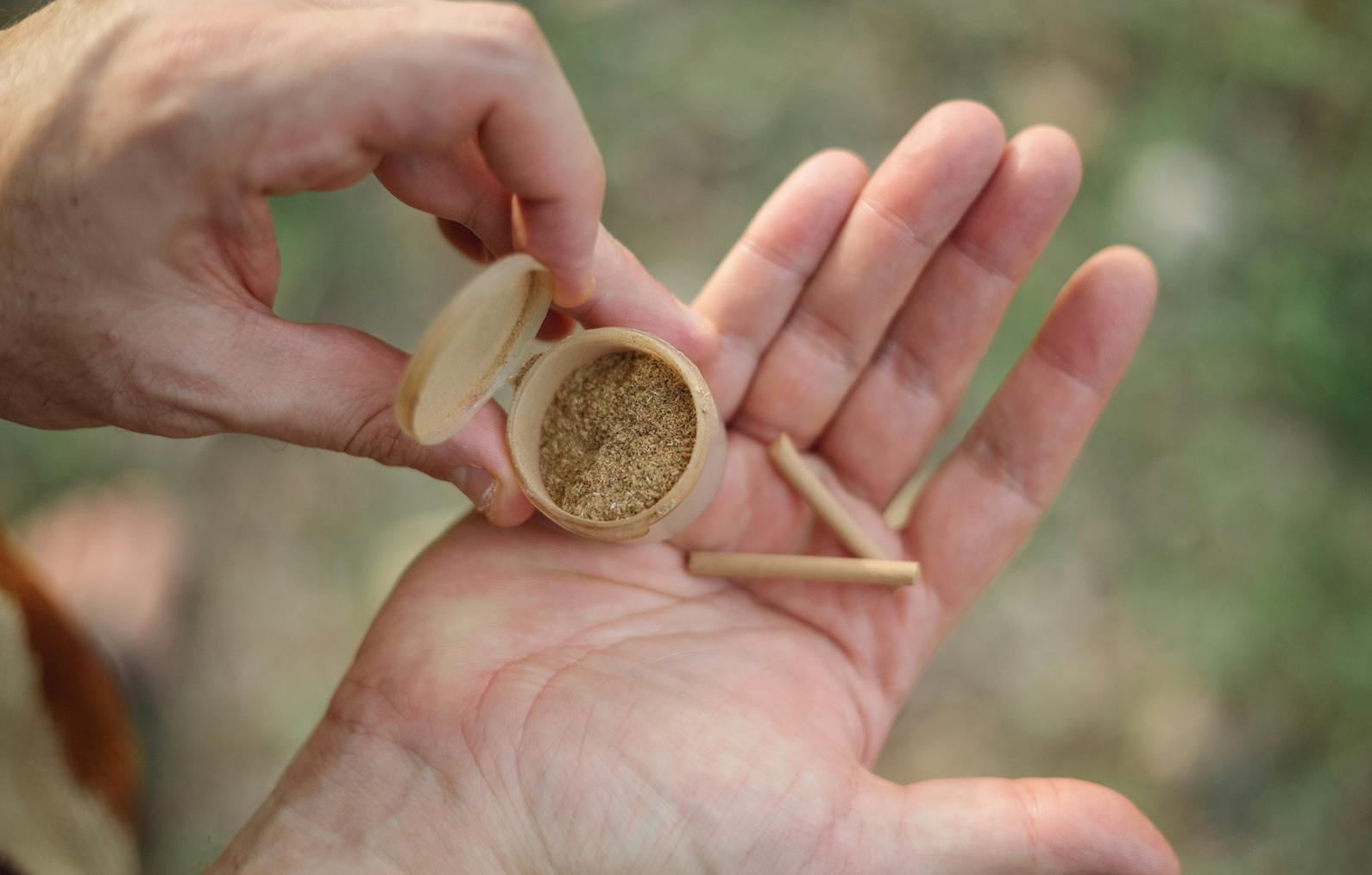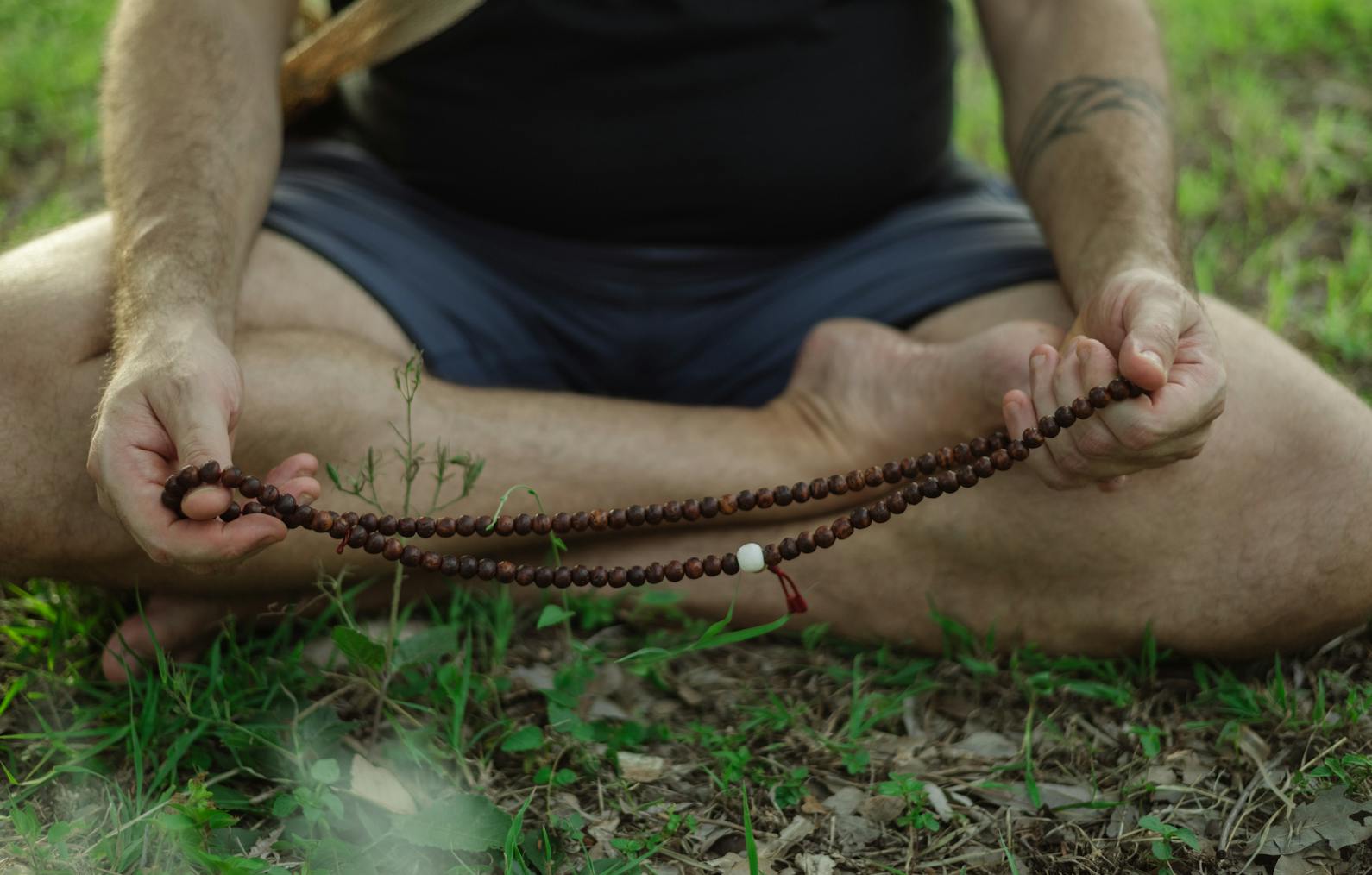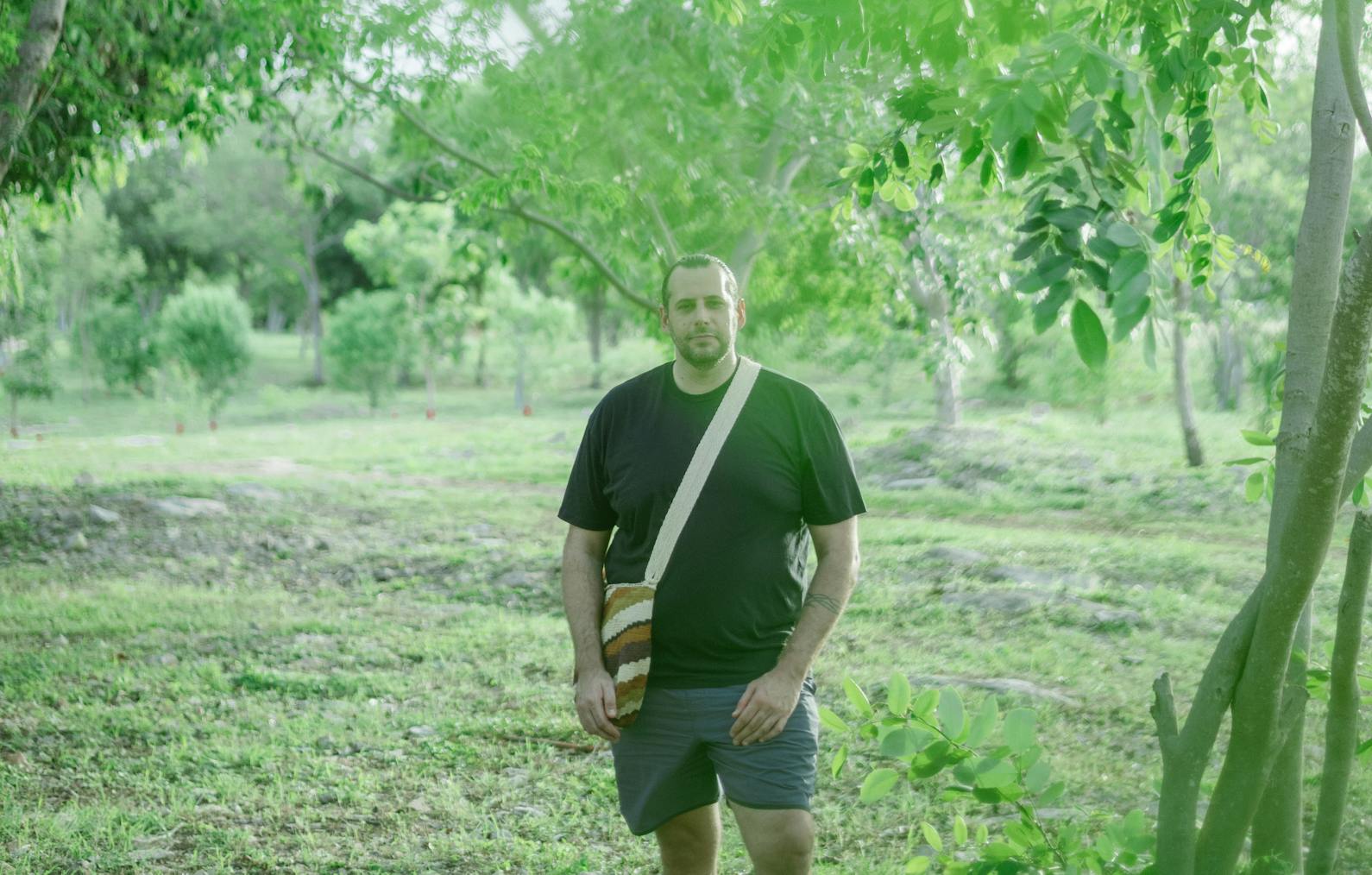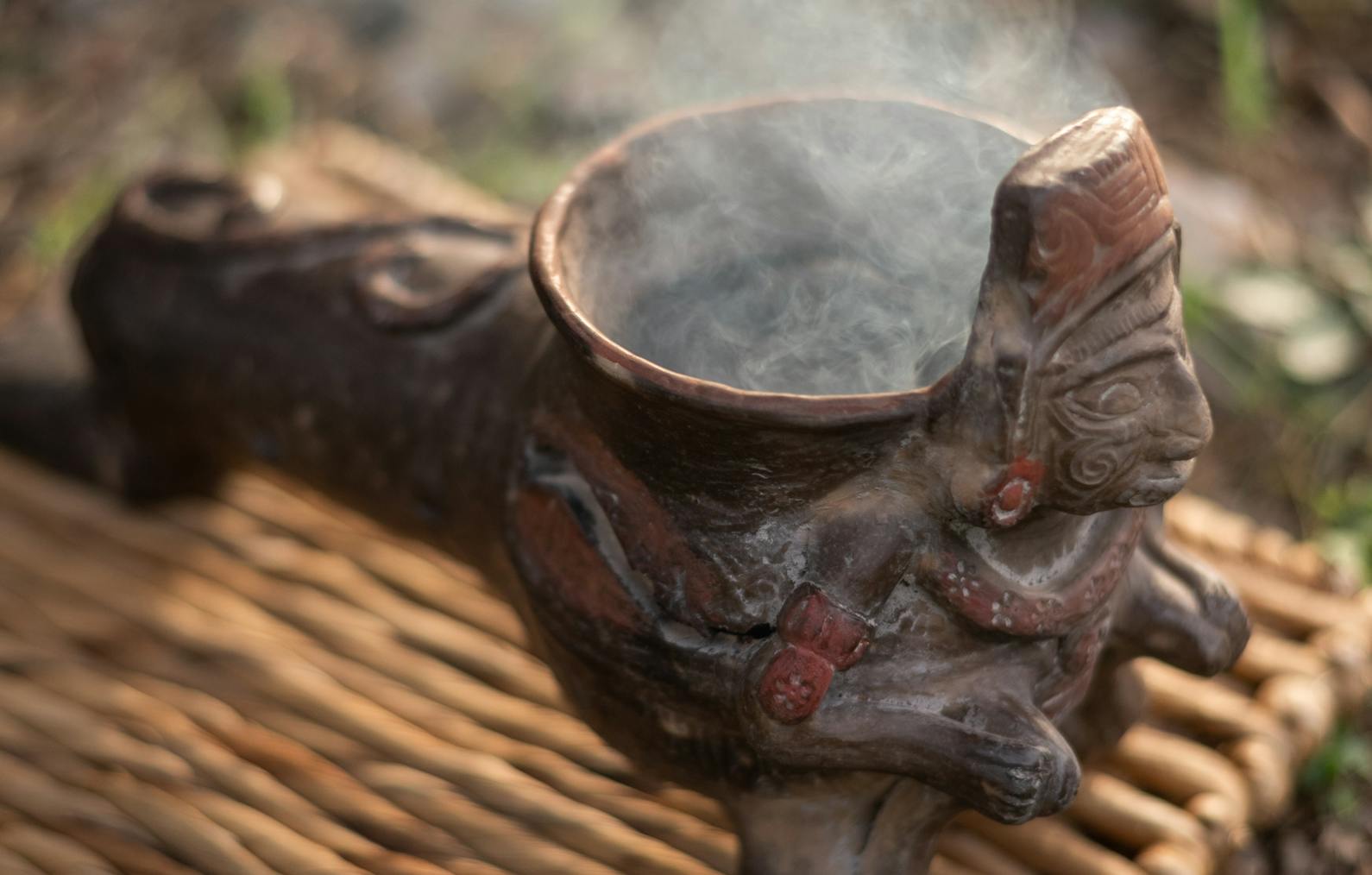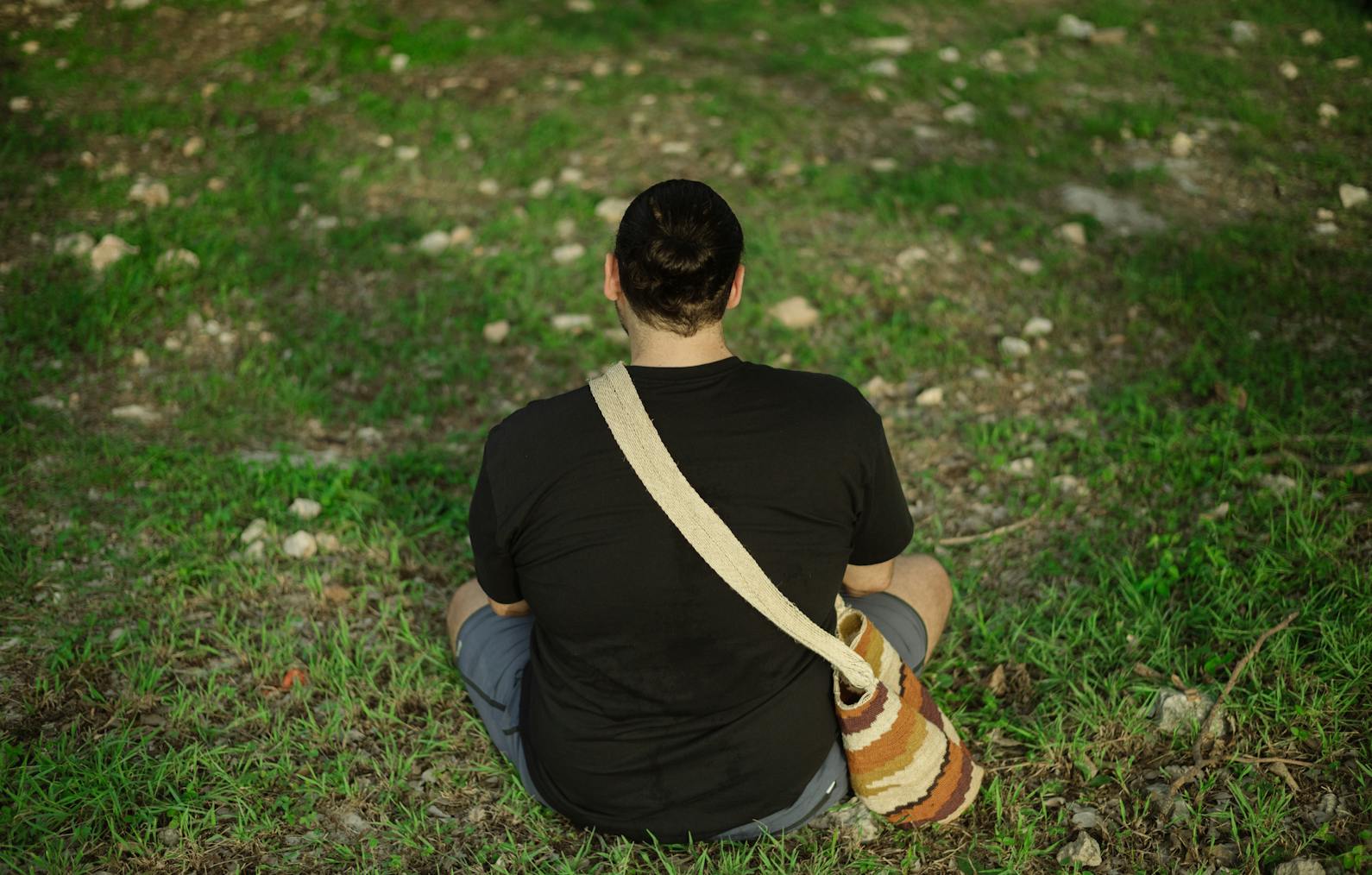Buddhist Meditation
Mexico
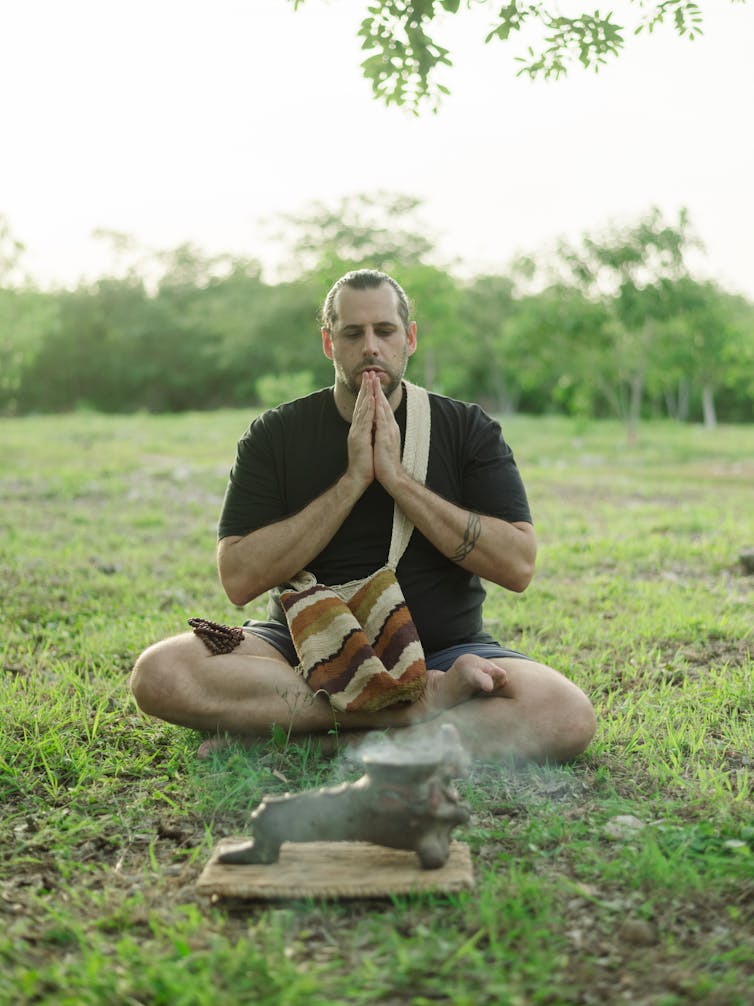
“I see Buddhism as a way of investigating our mind and human experience, and that's how I like to treat it. For me, that's a big part of why I am teaching people lineage-based or traditional Buddhist teachings.”
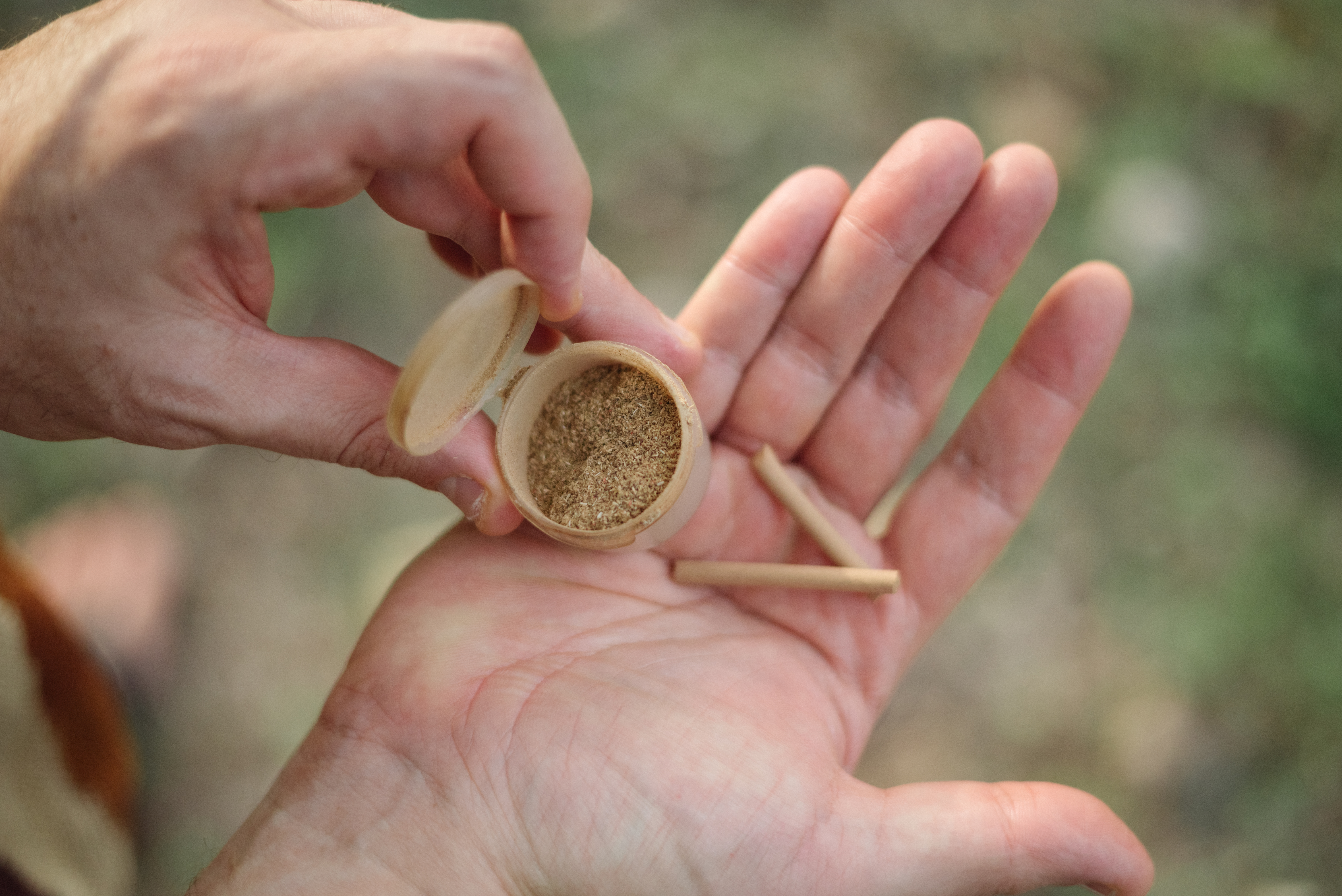
What is the work you are offering now?
I view my work as firmly rooted in Buddhism and more specifically in Himalayan Buddhism or Tibetan Buddhism. Since 2008, a big part of my teachings have been about bridging indigenous Tibetan Buddhism to non Tibetan meditators.
Do you have to be Buddhist to work with you?
I use the word meditators because I don't necessarily feel like someone has to be explicitly Buddhist to work with me or for me to help them, but I'm explicit about where these things come from and that I'm not watering them down. I've taught for 15 years in this way after recognizing that people want something that is applicable to their life and their struggles now. And then if they want to, they can go deeper into the philosophical principles of the Buddhist traditions.
How can people work with you?
I have four main categories of how I work with people. There's public classes where I'm invited to teach at different organizations and dharma centers and meditation communities internationally. Then I host courses, and have my mentoring work, which has two categories - individual, one-to-one mentoring and group mentoring, which is with a small cohort of people.
What is your lineage and who are your main teachers?
I’ve mainly studied and practiced in the Gelukpa, Nyingma, and Kagyu lineages of Tibetan Buddhism for the last 23 years. I also spent 9 years as a Buddhist monk. My main teachers are Lama Zopa Rinpoche (who recently passed away), and Tsoknyi Rinpoche.
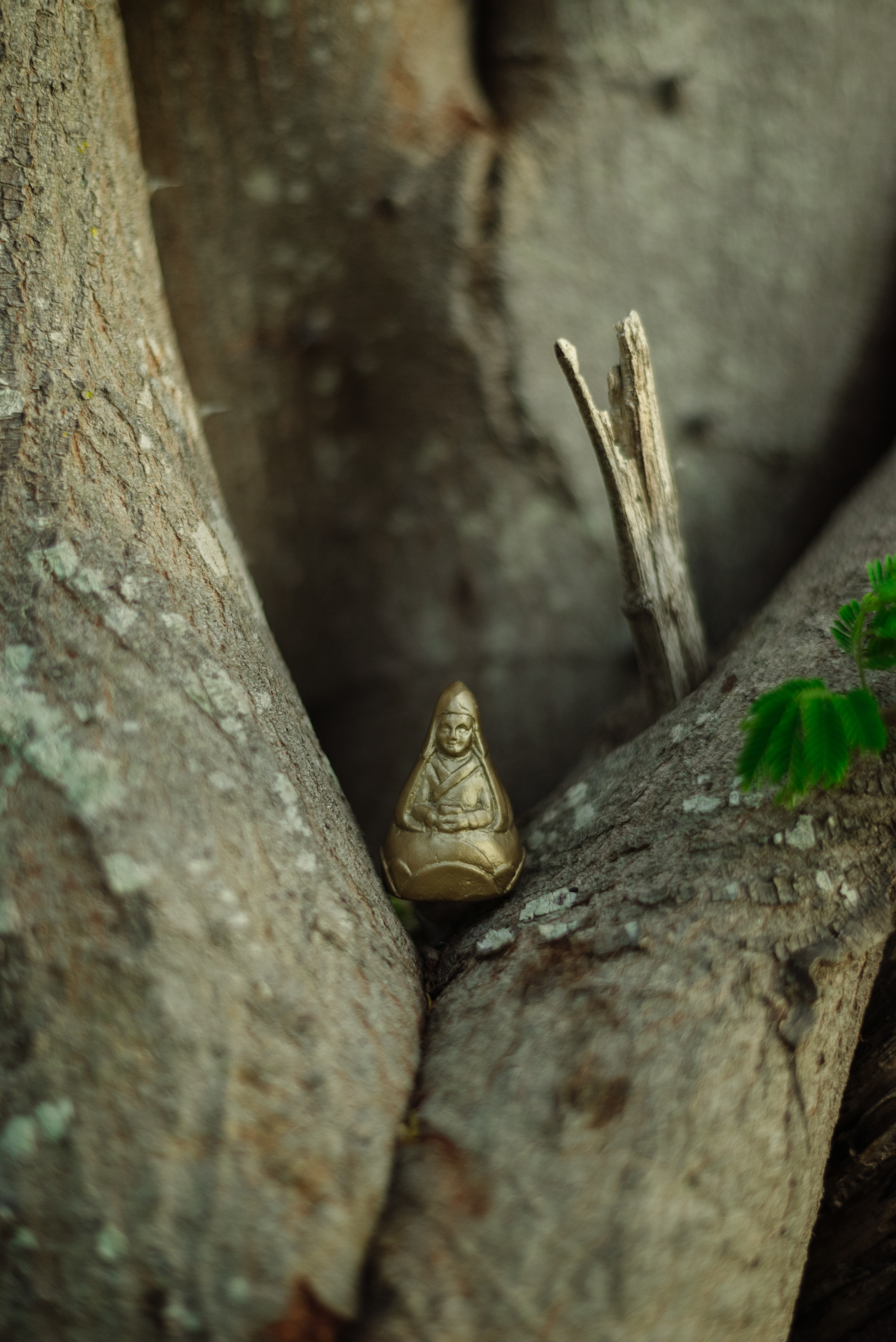

Why is lineage important to you?
In the Buddhist traditions, lineage is both a line, or physical connection to the historical Buddha, and a living community of developed practitioners holding and transmitting the Dharma experientially to the next generation. I took the approach of wanting to take a deep dive into these lineages because not only do they hold incredible wisdom for the world but they are also still thriving and we can encounter them in their indigenous forms. I started getting requests to teach when I became a monk in 2008, but initially I struggled with how to present the Dharma to non-Tibetan meditators. I didn't want to veer from the tradition too much, but I also wanted the Dharma to be applicable and relatable to students' modern lives. So my work is very focused on how do I stay accountable to this lineage? How do I use the terminology and language of the lineages I practice and study in while simultaneously offering a bridge to non-Tibetan practitioners?
How did you get on this path?
I was a pretty angry teenager growing up in punk rock communities in the Bay Area. Then my mom died when I was 16, and I was going through a lot of grief that I didn’t know how to handle. When I went to college, I started going to yoga classes and encountered meditation. Right away I saw that there was something much more there. I really needed help with my anxiety and grief and stress. I was just so confused about the world - like “what the hell am I doing here?” It was the book “Autobiography of a Yogi” that really started my interest in Eastern Religion, and also sparked an aspiration to go really deep into meditation and exploring what it might mean to be a “modern” yogi.It felt intuitive and karmic that I wanted that lifestyle, which is also connected to why I eventually spent nine years as a Buddhist monk.
Why did Tibetan Buddhism resonate with you?
As I was learning about various meditative traditions, I came across Tibetan Buddhism, and it had both the clarity and the yogi aspect that really appealed to me at that time in my life. I'm also a very analytical person and I was very impressed with how clear they could describe what suffering is, why suffering happens, and what this life is. I saw that these traditions have been investigating what the world is and how the mind works for thousands of years, so maybe they are onto something, they must have a very clear path, and that is what I wanted at the time.
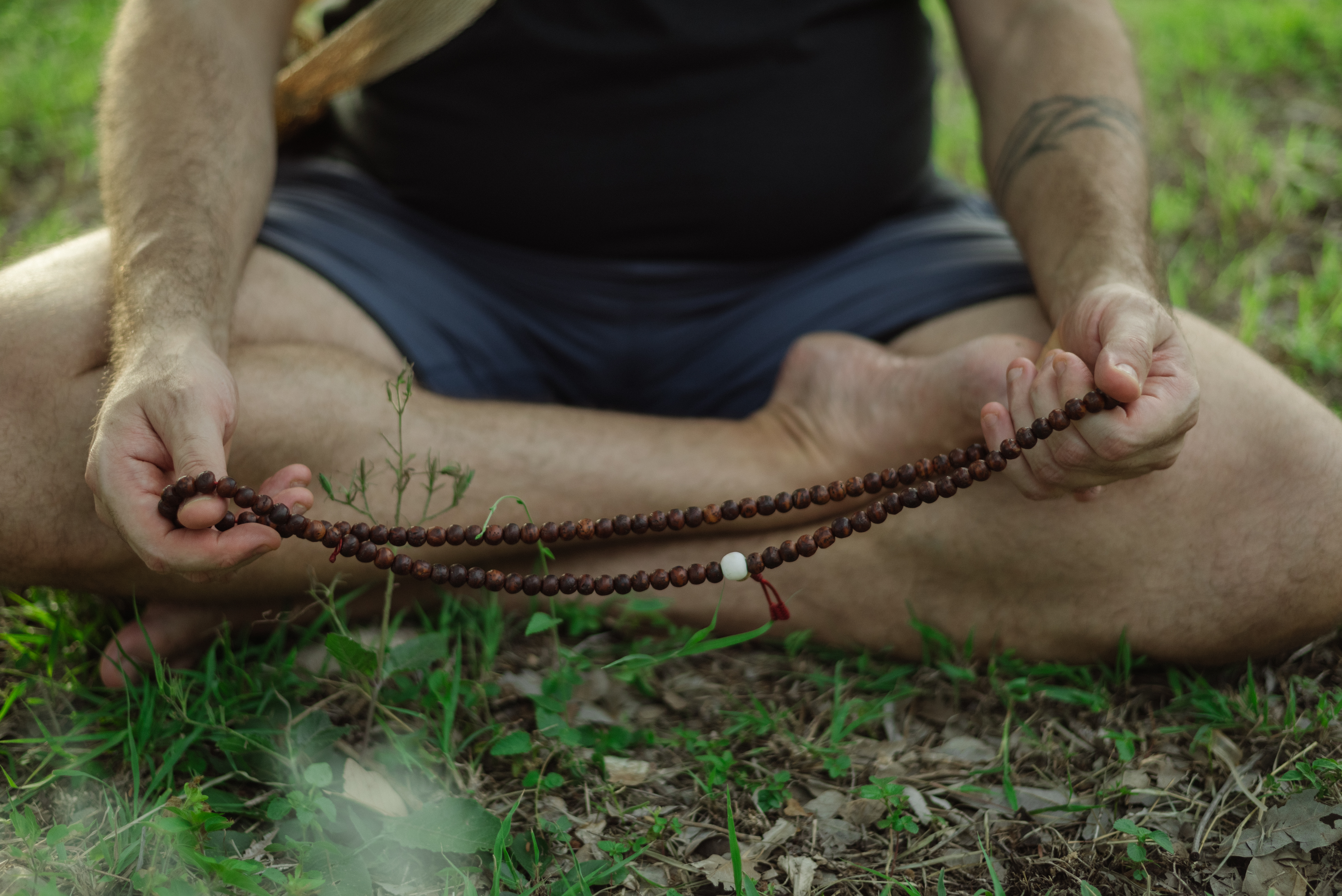
Do you see Buddhism as a religion or a philosophy?
I see Buddhism as a way of investigating our mind and human experience, and that's how I like to treat it. For me, that's a big part of why I am teaching people lineage-based or traditional Buddhist teachings. The way I think of the path of Buddhism now is that it’s really just about finding our natural state. In order to find that, most of us need some help, and the Buddha Dharma offers a clear and powerful path for us to explore in abundance.
What role does curiosity play in your teachings?
I always like to take this approach of curiosity with a lot of open questions so that we're using the teachings more as a way to look back at our own human experience rather than engaging in dogmatic belief.
What are the benefits of a meditation practice?
The benefits we can receive from meditation depend on what we're looking for. Of course, meditation can provide more emotional and physical calm in our life, but there’s much more to it if we are willing to explore both the healing and liberative sides of meditation. It’s really helpful to have a grounded nervous system, but it's way more impactful if we combine that with a deeper training in meditative awareness that serves us in our exploration of mind, emotions, and how clinging to a rigid sense of self and other harms us. It’s in this cultivation of meditative awareness that we truly learn how to be free. Freedom means not being imprisoned by and afraid of our thoughts and emotions.
How can we meditate without being too focused on doing it “right?”
It's there as a practice, which is something I emphasize as a teacher - process and practice. We need a goal, we need an intention towards meeting certain goals long term. But then we just engage the process, which I feel for me as a recovering perfectionist really helps me with perfectionism.
How do you bring the Dharma into everyday life?
The dharma is so rich with content and things we can bring into our daily life. Be that a reflection on something that is happening, or a loving kindness practice or compassion practice. For me, the core is just looking at my mind and asking what's happening with my projection right now? It really comes back to layers of that and then trying to allow my mind to connect more with its natural openness.
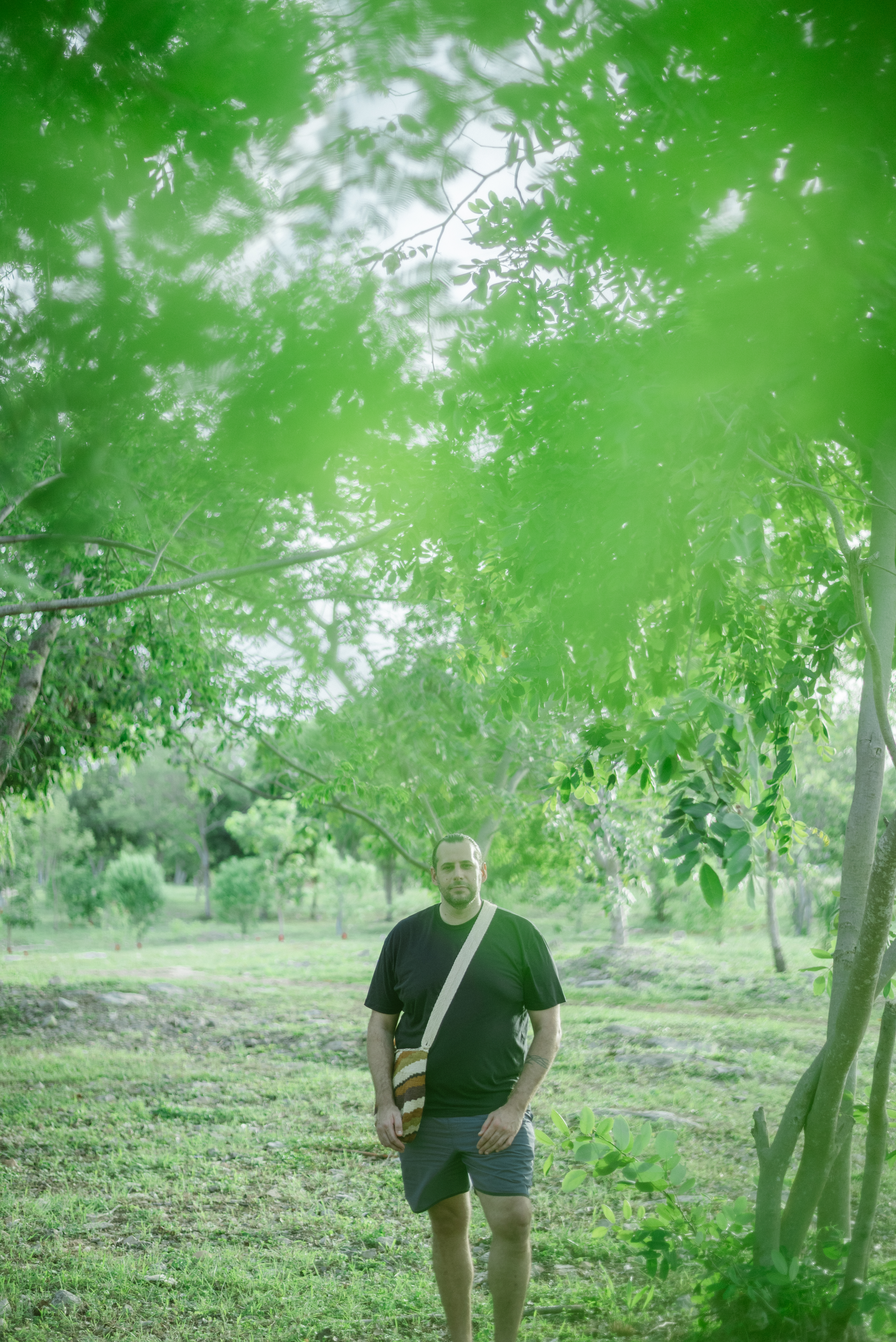
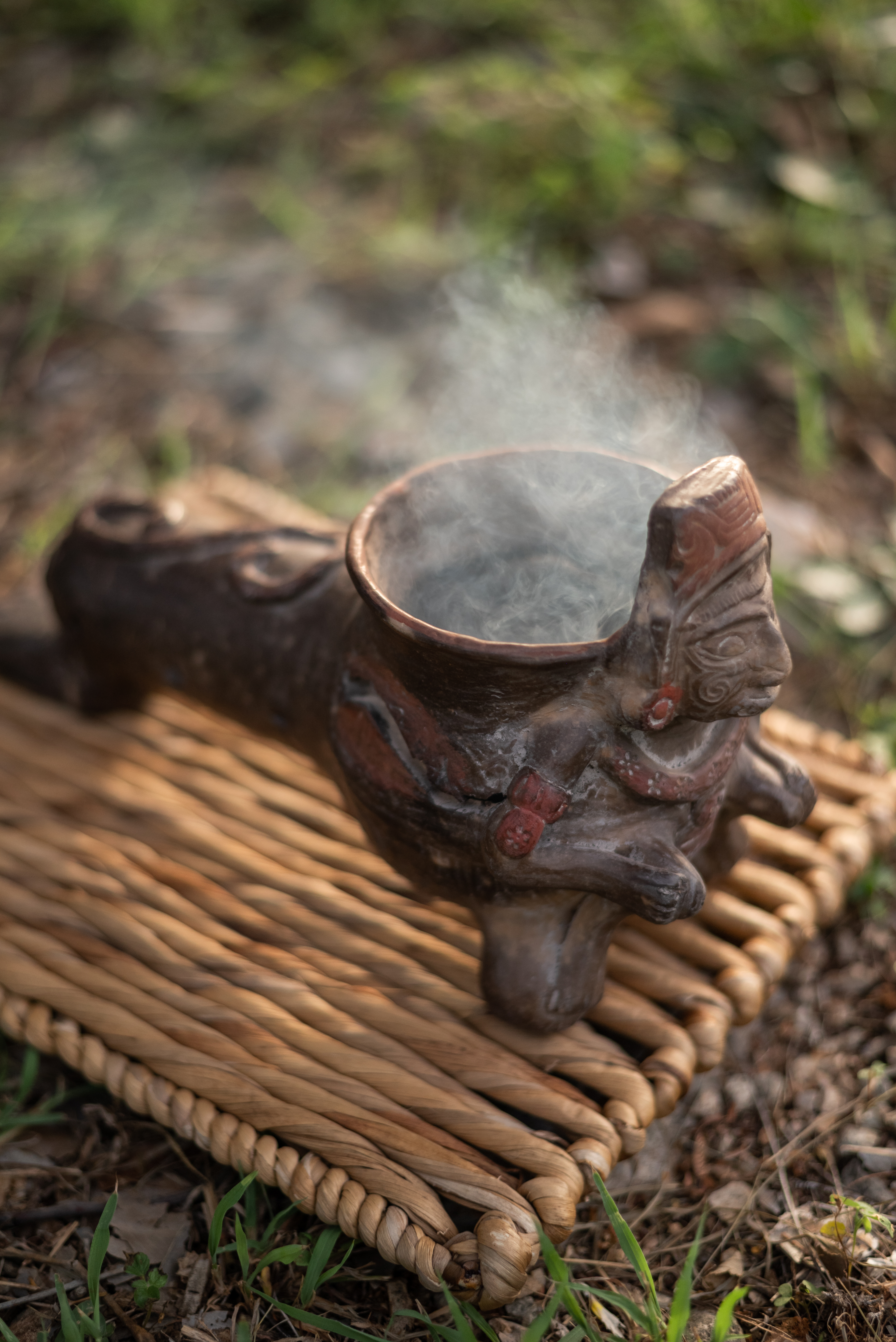
What does healing look like to you?
Healing is a very vague word and right now in Western society it can mean a lot of different things. The Buddhist path doesn’t traditionally talk about it like this, but I put it into two categories. There's relative healing and there's absolute or ultimate healing. Relative healing is working with shifting our circular experience of ego into a more positive open-hearted dynamic. But it's still within ego, it's still within a sense of self. From a Buddhist perspective, we need that as it is very healthy and it's really hard to practice ultimate healing without. But absolute or ultimate healing is pretty radical compared to relative healing. Because it's the recognition that there's no solid, permanent, independent self to heal. And that is the absolute or ultimate healing because that's the balm that heals the root of suffering from the Buddhist perspective.
What are your daily rituals/non-negotiables?
In the Tibetan tradition, at a certain point when we get more serious about our practice, we take on daily commitments. These can be certain reflections, awareness or breath practices, and ritual practices that involve mantra and visualization.. So I have a few of those kinds of practices I do every day, and then I am often mixing those with the core practice of training in awareness.
What words of wisdom do you often find yourself sharing?
My main teacher Tsonkyi Rinpoche says “drop the caring and let the true caring come.” It's so powerful for me in both my work and on an individual level because it's really about embodying our natural compassion, which is just seeing others as likable and lovable. What he means by dropping the caring is sort of dropping the neurotic caring , around our own anxieties, and our own neediness. True caring is not something we can cultivate (though we can get used to it). It needs to come out of a basic recognition that ourselves and others are basically “okay.”
Books you recommend for people?
For people interested in a more modern approach to Buddhist meditation, I highly recommend The Joy of Living by Mingyur Rinpoche and Why we Meditate by Tsoknyi Rinpoche and Daniel Goldman. I also recently finished Work, Sex, Money by Chogyam Trungpa Rinpoche and it was a very powerful book for me.
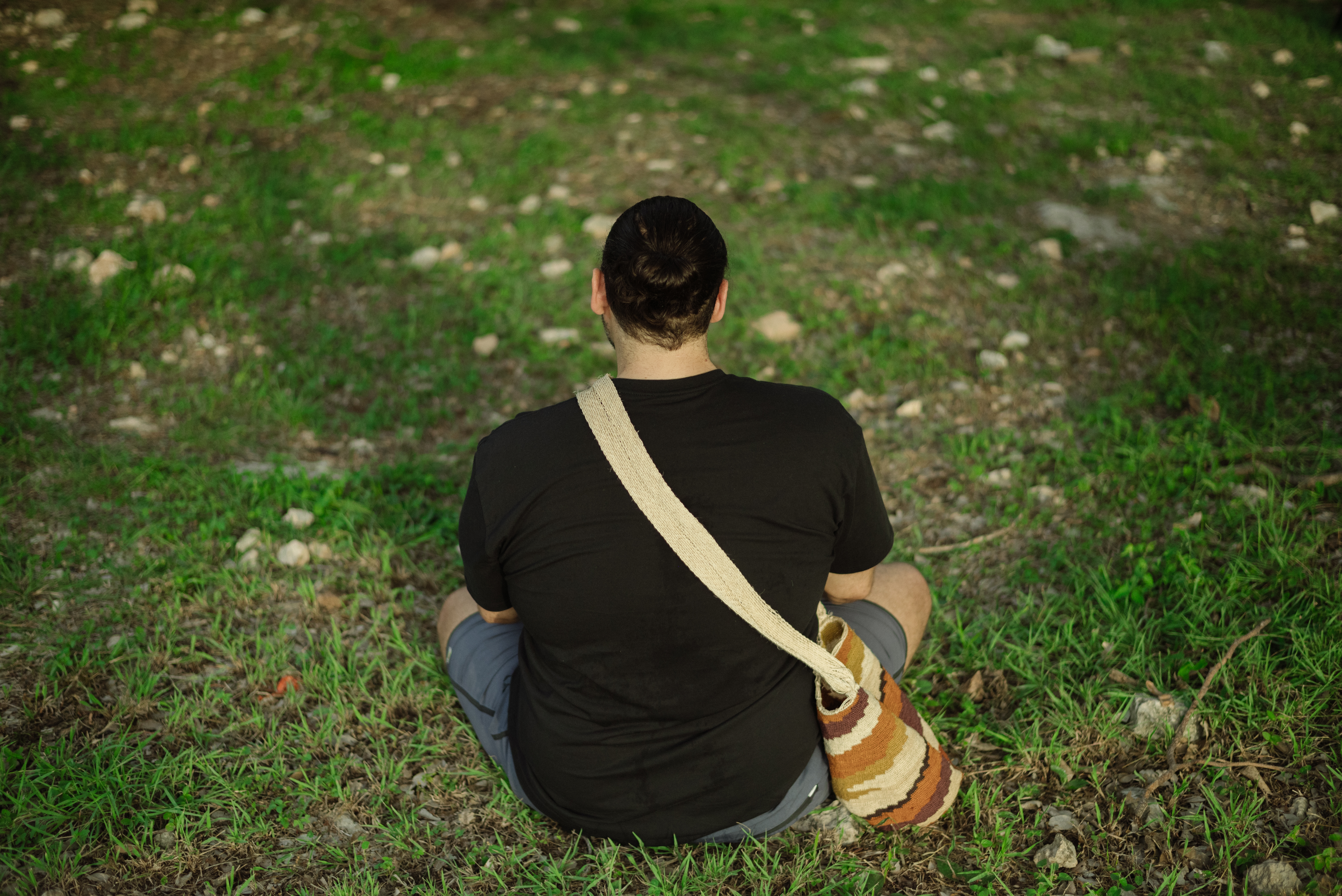
Photos by Jose Manuel
